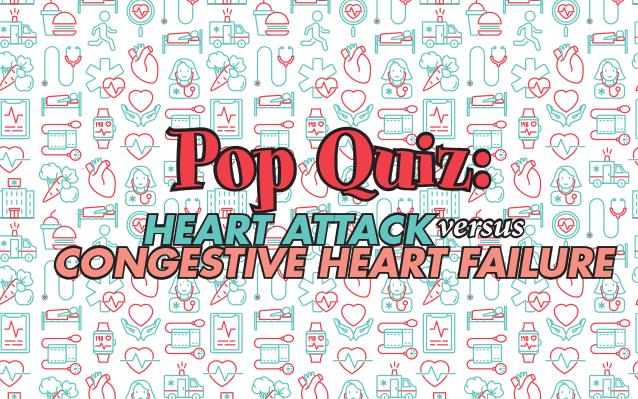
Health News
Features
-
Pop Quiz: Heart Attack Versus Congestive Heart Failure
Test Your Knowledge and Know the Difference between CHF and a Heart Attack by ERIKA ALDRICH Heart Disease is the leading cause of death in the United States, causing approximately one out of every four deaths. Since prevention is key, it’s important to know as much as possible about heart disease. There are many different…
-
When Neck Pain Shouldn’t Be Ignored
Local Heart Disease Survivor, Mary Hunt, Shares Her Diagnosis and Treatment Story by TERESA SCHIFFER Do you know what the number one killer of women is, causing one in three deaths each year? You might be surprised to learn the culprit is heart disease. According to the American Heart Association, approximately one woman dies every…
-
Exercise Helps Keep Hearts Young & Happy
Polk Senior Games Include a Heap of Heart-Healthy Activities by MARY TOOTHMAN Introducing or stepping-up regular exercise programs can result in dramatic improvements to the lives of the 65 and older population— and the emphasis on heart health this month offers an ideal opportunity to spread the word. In a 2010 Center for Disease Control…
Columns
-
Understanding the Risks of Deep Venous Thrombosis
Deep venous thrombosis is a serious medical condition that affects millions of people. This is a condition in which a blood clot forms in a deep vein of the body, usually in the thigh, leg, and — rarely — the arm. The blood clot can break off and travel inside the vein to the lung,…
-
The Eye Condition You’ve Probably Never Heard of: Keratoconus
by GISELLE SANKAR, O.D. Picture looking through a clear glass window that has slowly started to bend or warp. That once clear view has now become blurry and extremely distorted. In simple terms, this describes what individuals diagnosed with keratoconus experience. Keratoconus is a progressive eye condition that causes thinning of the cornea. The cornea…
-
Surgical Management of Acute Deep Venous Thrombosis
DVT, or blood clots in your leg, can be a life-threatening condition. It can be treated by taking oral anticoagulation medication, wearing compression stockings, elevating the leg to reduce swelling, and continuing to walk and keep yourself hydrated. Your vascular doctor can tell you more about your treatment options. The blood clot is dissolved by…





